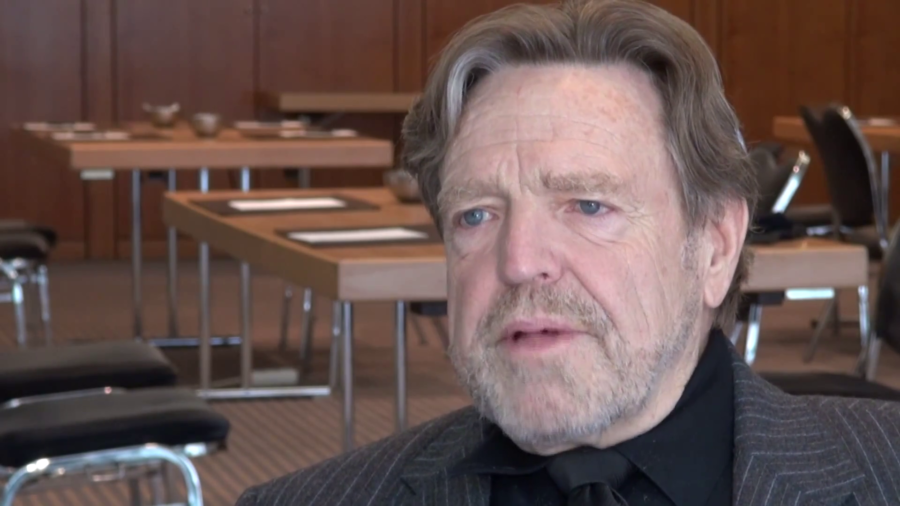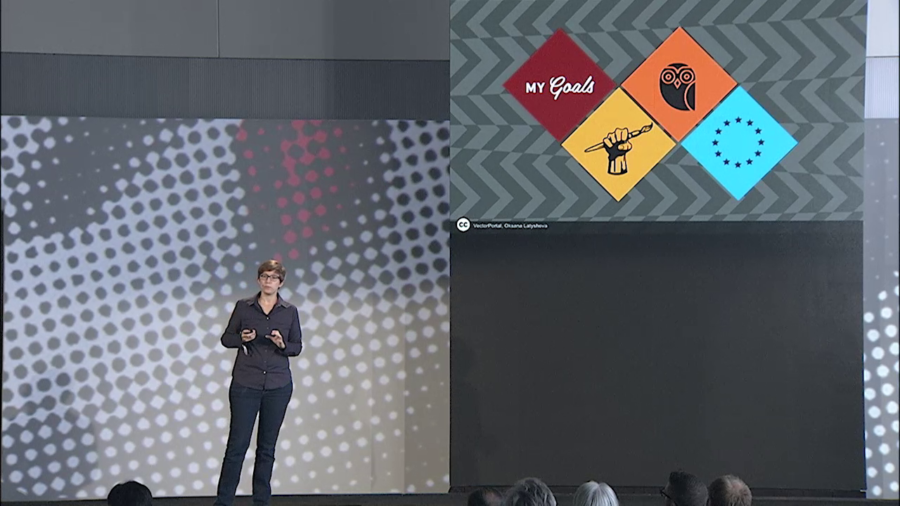My greatest hope, and the thing I’ve been working for most of my life now, is that it will realize itself as being something that makes it possible for anybody to know anything that they’re capable of knowing. Which I think is a wonderful thought. Or that it will make it possible for anybody that has something important that other people should hear to say it, without any fear of being shut up or coerced or that sort of thing.
Archive
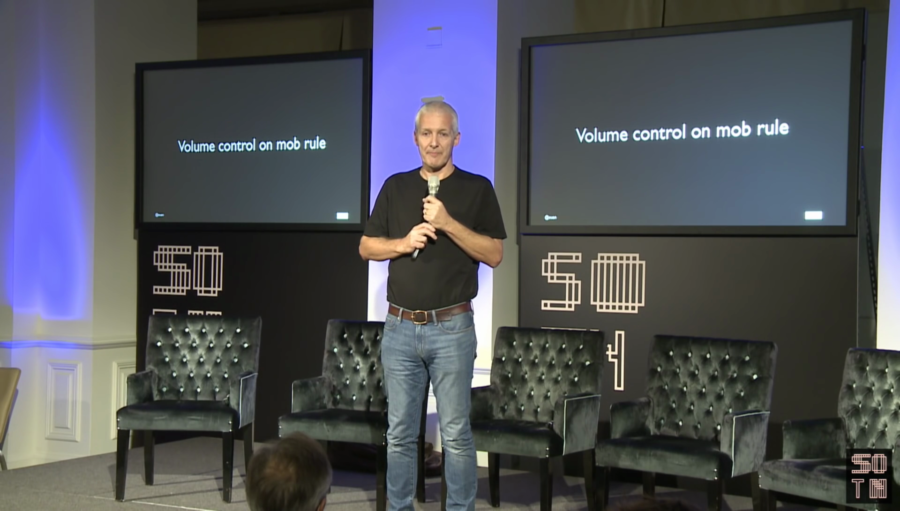
I think we are groping towards this idea of truth. And even the word truth can be defined in multiple different ways. So we are by its very nature dealing with a very slippery topic.
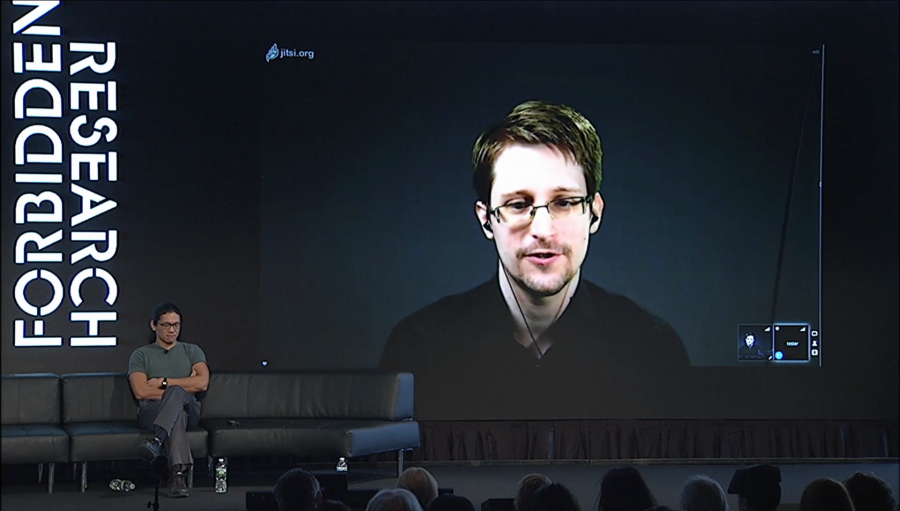
When I announced the talk on Twitter, somebody immediately was like, “Lawful abuse, isn’t that a contradiction?” But if you think about it for just a moment it might seem to be a little bit more clear. After all, the legality of a thing is quite distinct from the morality of it.
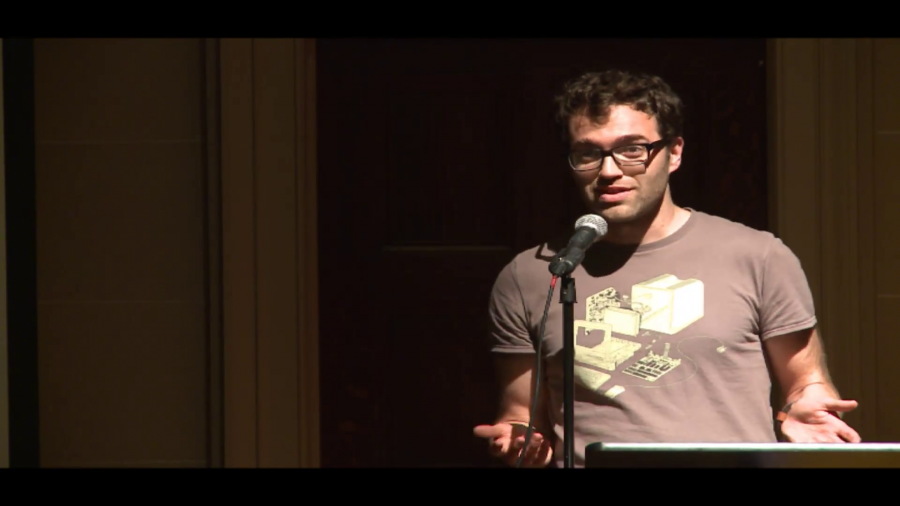
When I was thinking about what I would talk about last night, I was reading more about Aaron. Unfortunately, I never got to meet him before he died, but I realized that he passed away on January 11, 2013, and that was actually the same day that I first heard from Edward Snowden.
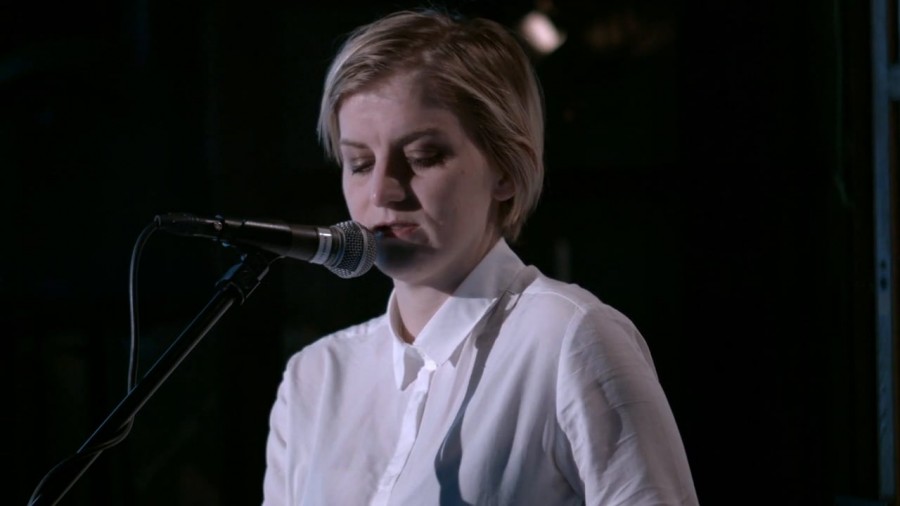
My goal […] was to live in that tension, to empower makers, musicians, coders, and artists to continue to make wide-eyed and yet still open-hearted— One of my favorite authors, Ursula K. LeGuin calls this “the Grand Inquisitor’s Choice,” where you choose freedom without happiness, or happiness without freedom.
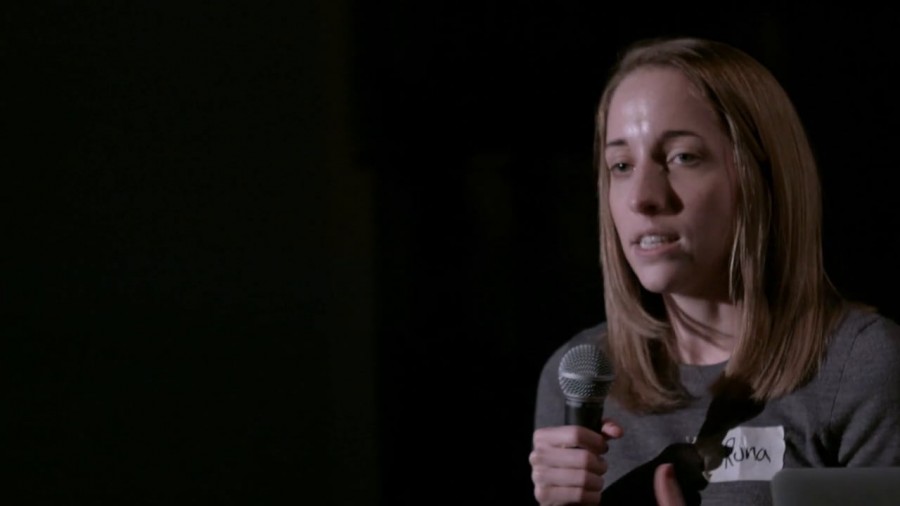
I figured I would give a presentation to better explain the work that I do and show, hopefully not too technical, but show how you can think about the way you go about your online life and the traces you leave online, and what this means for the work that you do, the people you interact with, and so on.

